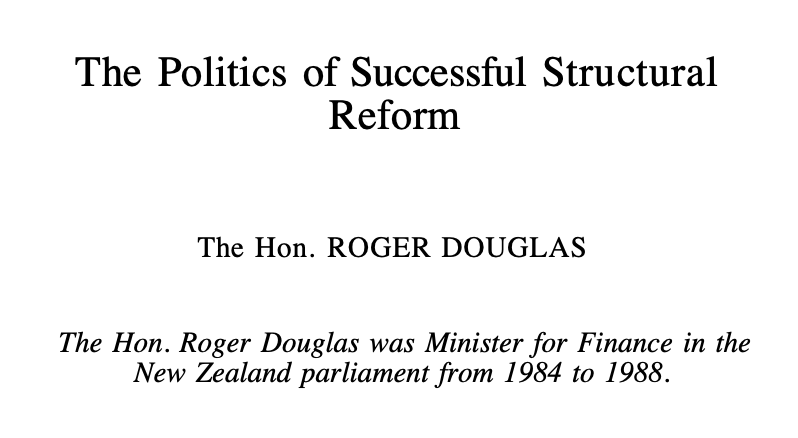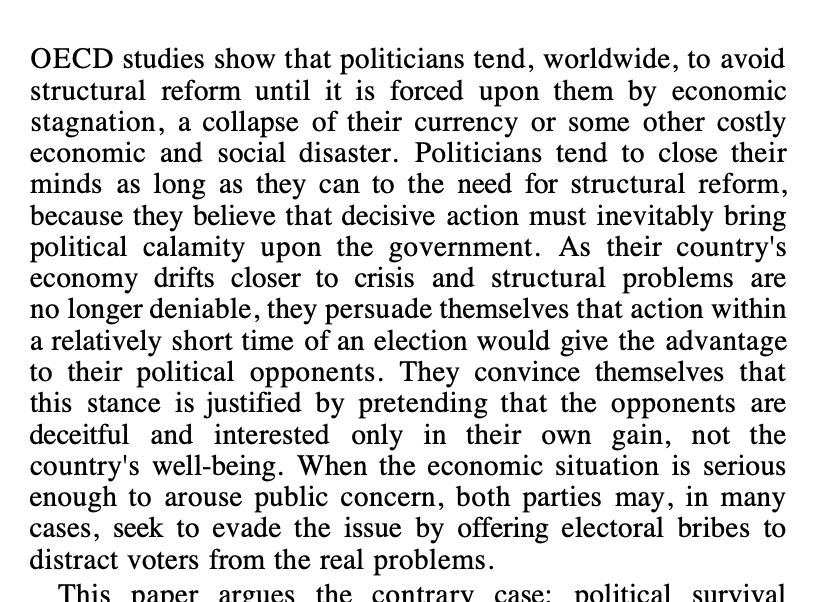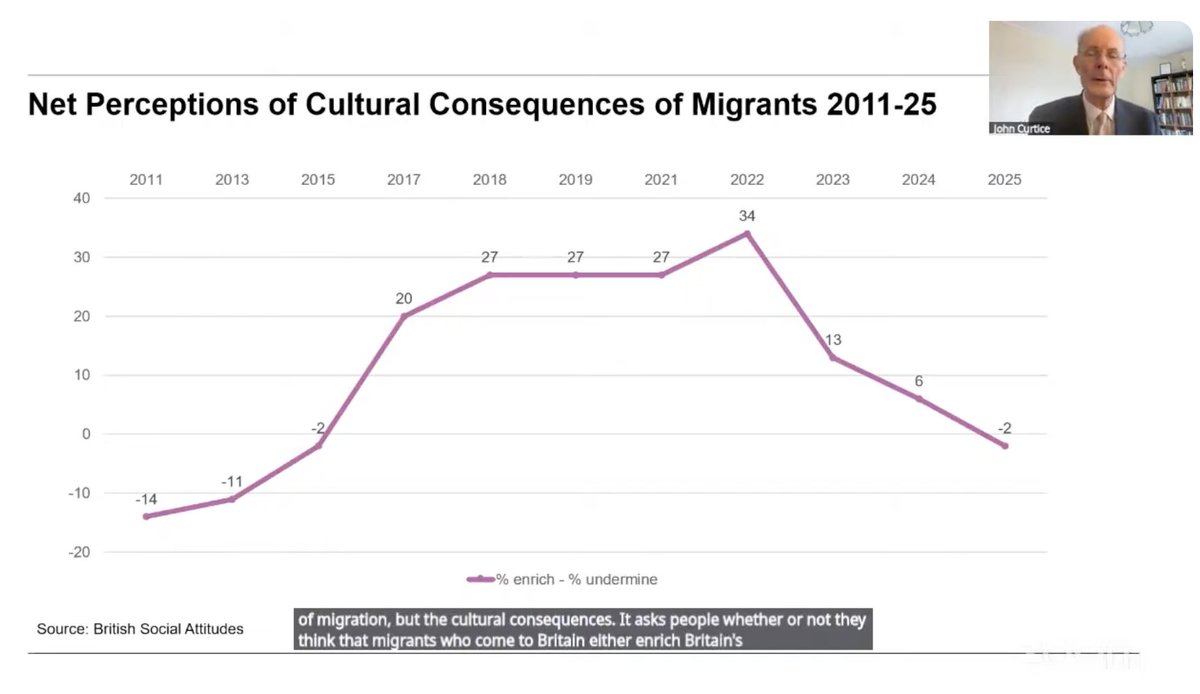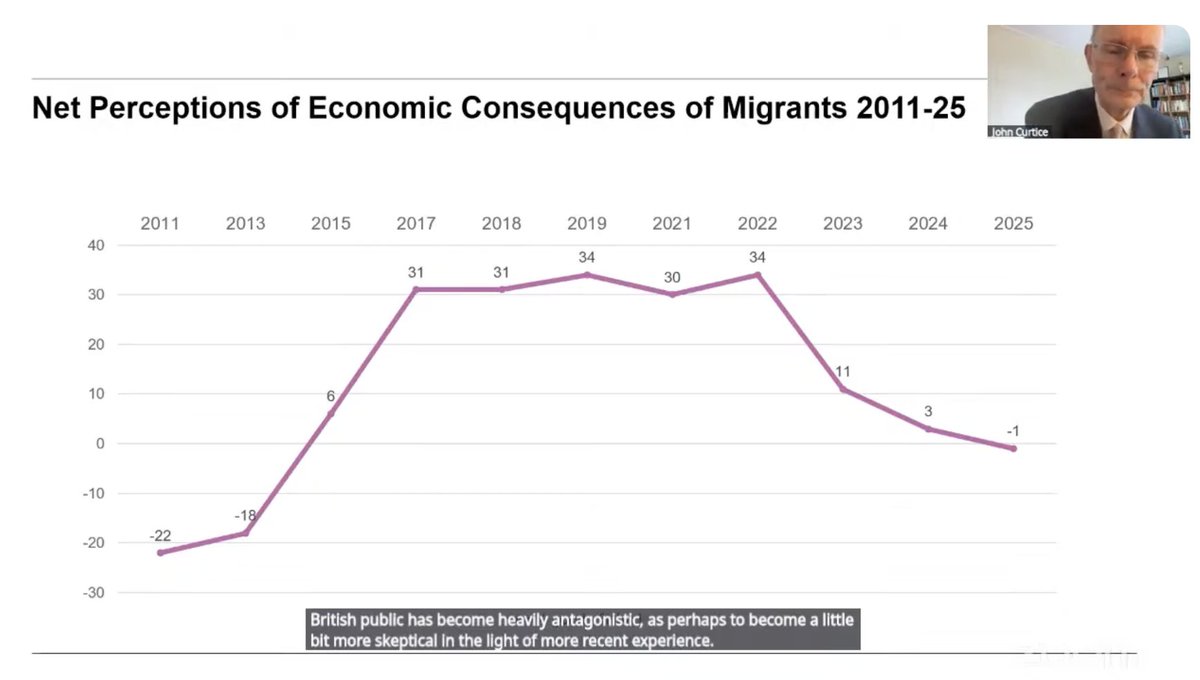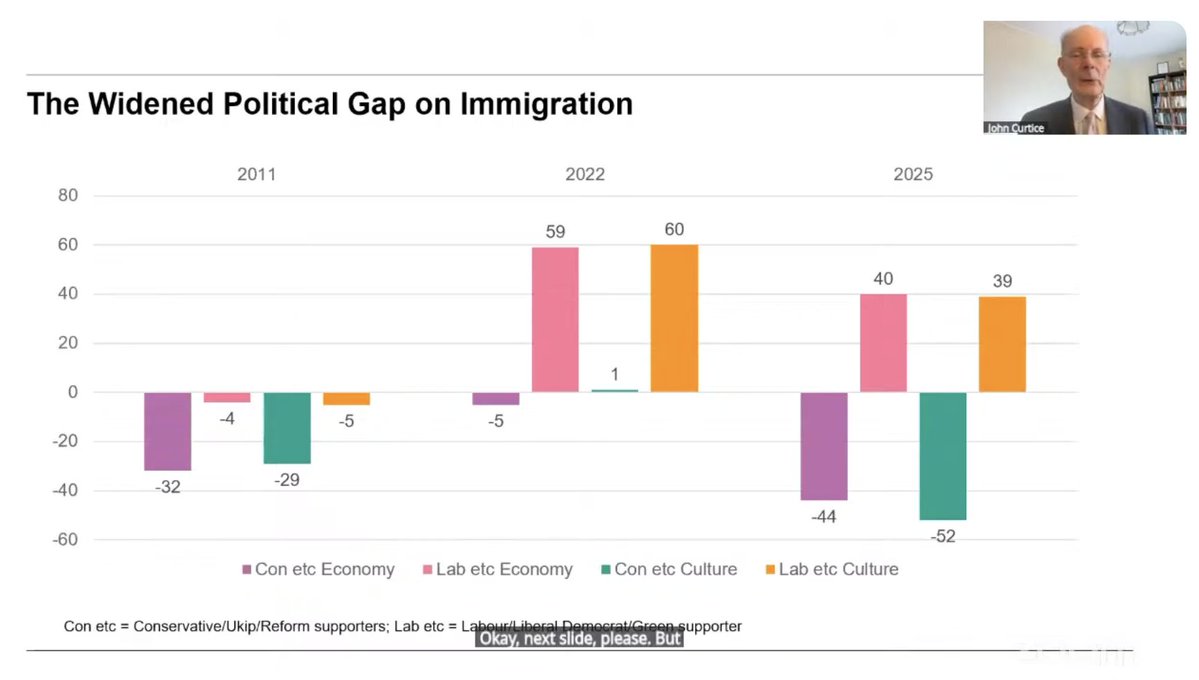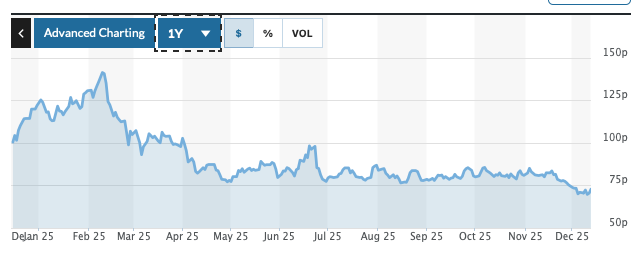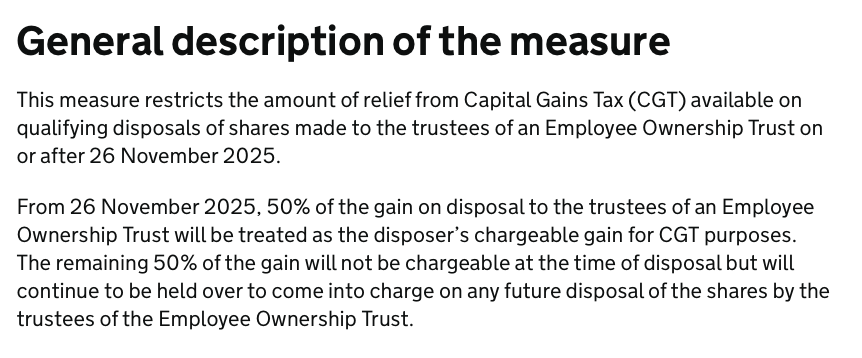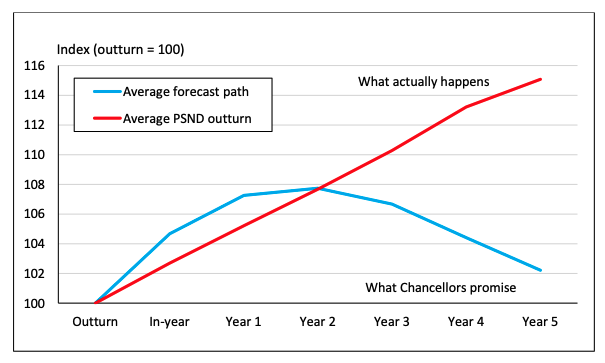We've just published a huge set of polling from @FrankLuntz on the new values and language of British politics. You can find the full thing here, but I thought I'd summarise the most arresting findings. (Warning: long, but worthwhile) cps.org.uk/media/press-re…
First things first: the public is really pissed off! Solid majority for 'fuck 'em all' to both business and political leaders 

Likewise, when we asked them to pick the words that represented their feelings towards same, they were overwhelmingly negative 



(Quick ops note: Frank's method is to give people a load of choices and ask them to pick their top two/three/four. Hence percentages adding to more than 100.)
Not to belabour the point, but when you ask people what politicians are in it for, this is the answer you get... 

As I wrote in my @thesundaytimes column, there's a huge challenge here for free market types like me - it's not just that people don't like business, but that messages and language around aspiration, competitiveness, entrepreneurship just don't resonate thetimes.co.uk/article/aspira…
They're worried about crime and increasingly about cost of living - expect both to start hitting the headlines much more often... 



Politically, the big gap between Tory and Labour (which I want to write about more) is optimism vs pessimism. That may be down to who's in power, or it may be deeper-rooted. The gap in these three questions is fascinating in terms of, essentially, whether Britain is broken 





There's lots in the survey about woke, cancel culture etc, but that's been covered elsewhere so I won't go into it here. But the age breakdown here is utterly fascinating, which goes hand in hand with the party breakdown above. 

There is loads of utterly fascinating stuff in the survey (that link again here cps.org.uk/media/press-re…), but I'll finish on some personal highlights
This is from the business questions we asked, but applies more widely. Climate change isn't a partisan issue any more. Uniquely (says Frank), the right and the left are both concerned about it. 

(Uniquely as in vs other countries.)
Climate is also the exception to the rule that, as Frank told the Sunday Telegraph, people mostly just want companies to shut up about CSR and purpose and focus on doing a better job for their workers and customers telegraph.co.uk/news/2021/07/0…
Climate is also the exception to the rule that, as Frank told the Sunday Telegraph, people mostly just want companies to shut up about CSR and purpose and focus on doing a better job for their workers and customers telegraph.co.uk/news/2021/07/0…
Other striking findings: always call yourself an employer, never a business, and delete 'corporation' from the dictionary. 

...and that government is wasting the cash it already spends, either on the rich (Labour) or immigrants/scroungers (Tories). (Stunningly low figures for 'the poor', 'people like me', 'hardworking taxpayers' etc.) 



I don't think it's in the slide deck, but it is also impossible to overstate how much Tory voters hate foreign aid spending. Sorry, Andrew Mitchell, but they're not with you on this.
Finally, a quick illustration of why the Tories are in a better position than Labour. Both the public and Tory voters prefer the party of today to Cameron's (though there is a lingering pash for Thatcher). But everyone still misses Mr Tony 

If you found any of that interesting, please join @FrankLuntz and @nfergus for a @CPSThinkTank event tomorrow on 'The New Language of Politics', at which they'll be discussing all this and more. Sign up here us02web.zoom.us/webinar/regist…
And obviously please follow me, Frank and @CPSThinkTank for more insight, both from his survey work and our amazing team of researchers
PS For those asking why the language differs on the final slide between ‘hate’ and ‘strongly oppose’, it’s a typo. We changed it for both but didn’t update properly.
• • •
Missing some Tweet in this thread? You can try to
force a refresh








